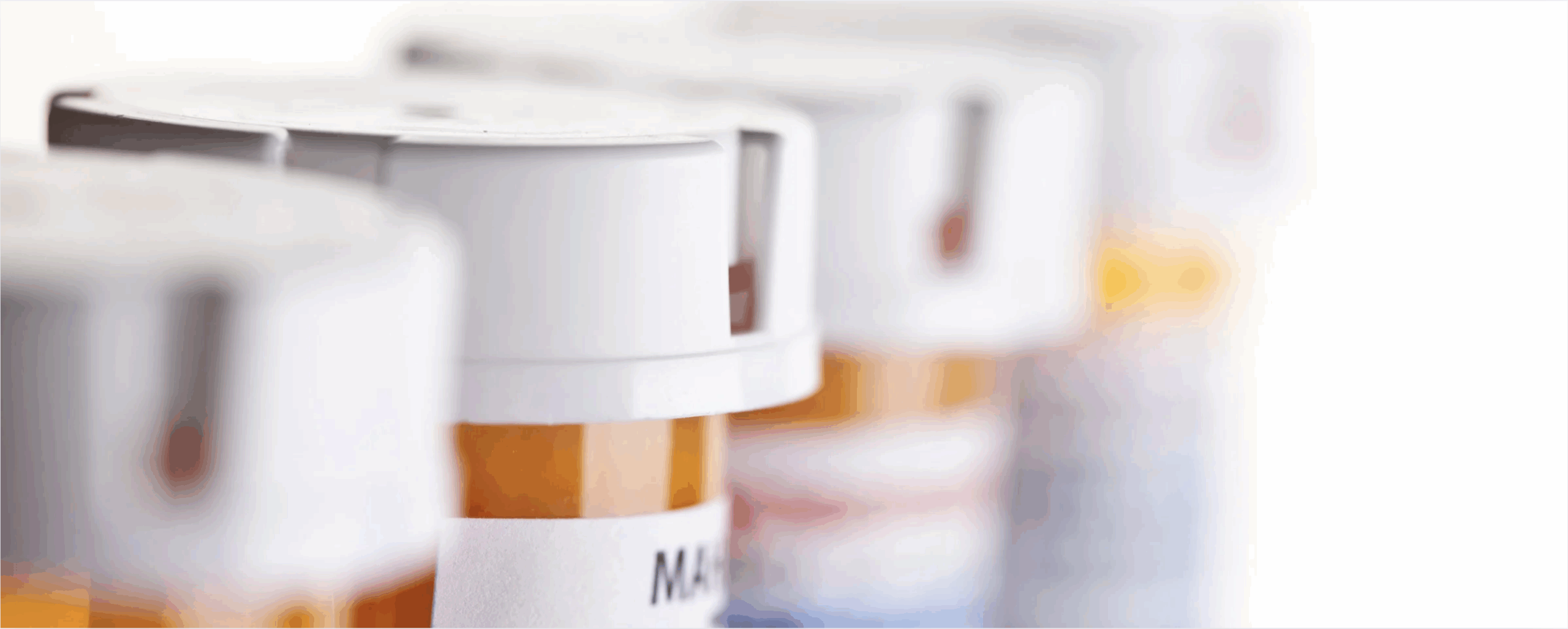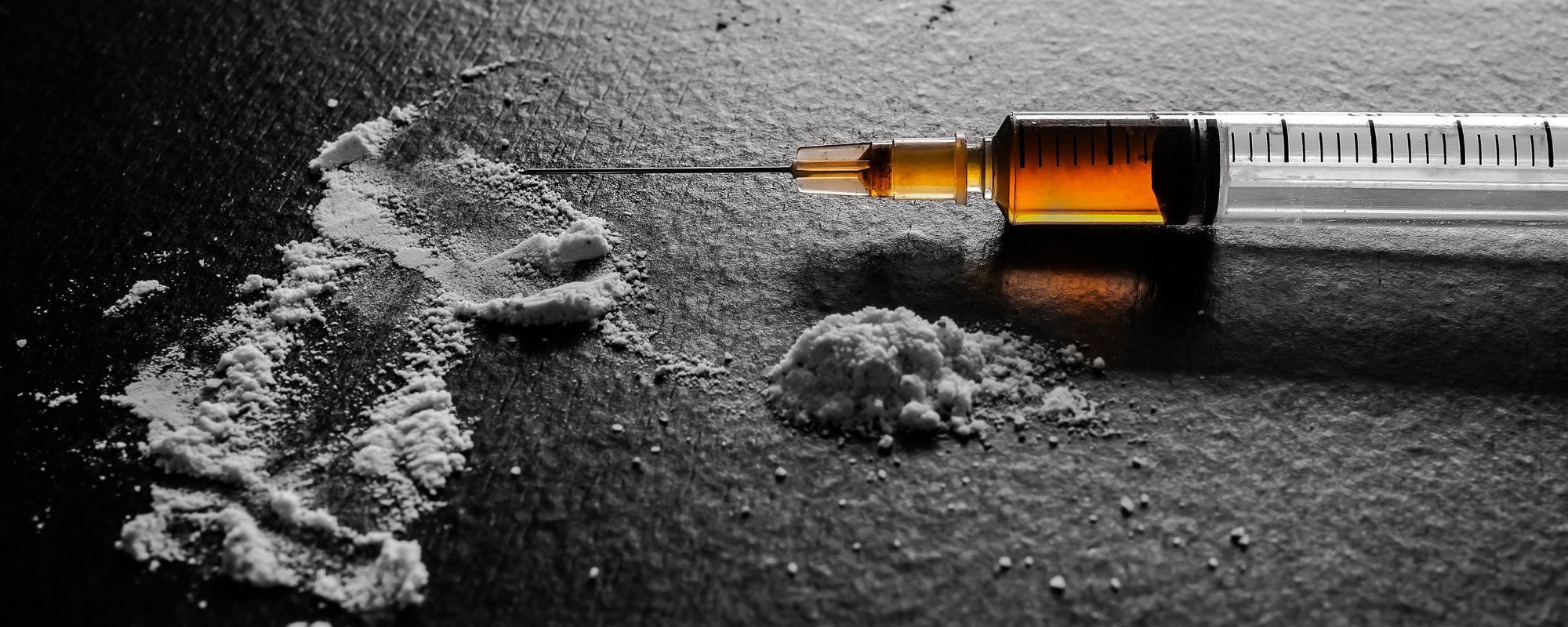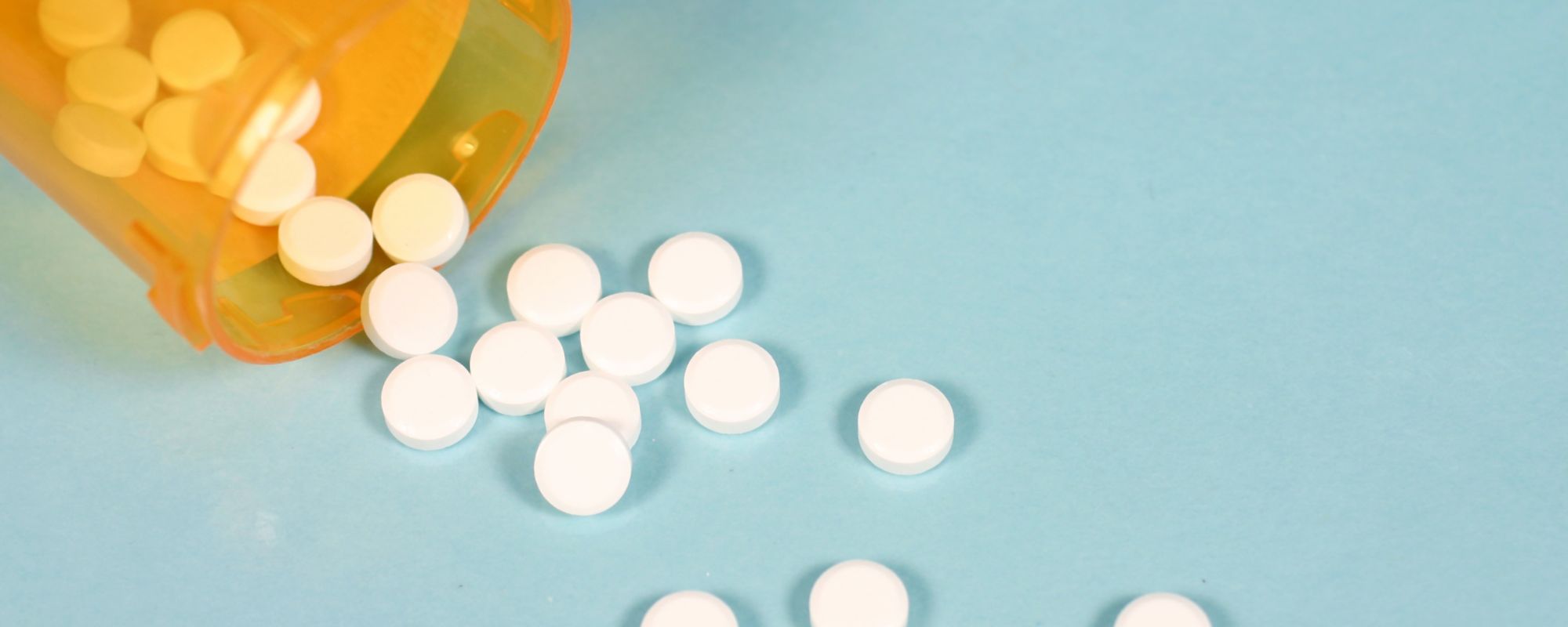Microdosing hallucinogenic and mind-altering drugs have become increasingly popular, and MDMA pills are quickly making their way onto the scene of this latest drug trend. As more people become attracted to the euphoric effects of MDMA, it is all the more important to recognize the drawbacks of this particular drug.
While there is no evidence to suggest that microdosing MDMA is beneficial, there are several reasons why doing this can prove hazardous to your health. In order to make safe and informed decisions, it is important to understand how MDMA can affect your health and the risks that come with microdosing this drug.
What Is MDMA?
MDMA is a synthetic stimulant drug that can also act as a hallucinogen. It has become commonly abused for its ability to produce an energizing effect, distortions in the person’s time and perception, and enhanced sensory experiences.
This drug is also commonly referred to as Molly or Ecstasy and is popular amongst party-goers for its ability to create euphoria and enhance their stimulation. MDMA pills are this drug’s most widely used form, although some people may smoke or snort it in powder form.
According to the National Institute on Drug Abuse, most MDMA is produced in Canada and occasionally in the Netherlands. However, there are a few illegal labs that make this drug in the US.
In 2021, studies found that an estimated 2.2 million people ages 12 and over had used MDMA within that year. Unfortunately, among these individuals were children as young as middle-school age that had experimented with this particular substance.
What Does Microdosing Mean?
Microdosing is the practice of taking very low doses of a psychedelic drug, such as LSD or psilocybin, to improve mood, physical and mental stimulation, and creative thinking while at the same time minimizing adverse effects.
The exact definition of micro-dosing is still debated, but it is generally considered to be taking a dose that is 1/10th to 1/20th of a full recreational dose. For example, a standard dosage of MDMA is typically between 80 and 125 mg, so a microdose would be 8.5-12.5 mg.
There is limited scientific research on the effects of micro-dosing. Still, some believe it may benefit mental health, such as reducing anxiety and depression and improving focus and creativity. Unfortunately, there is not enough research to confirm these beliefs.
What Happens When You Microdose MDMA?
Microdosing is not without risks — some people who microdose have reported side effects such as anxiety, nausea, and headaches. Additionally, there is a risk of developing tolerance to the drug, meaning you would need to take more of it to achieve the same effects.
If you are considering micro-dosing, it is essential to do your research and talk to a doctor or mental health professional before starting. Microdosing is not a cure for any mental health condition and should not be treated as such.
When it comes to MDMA, even taking small amounts of this drug can affect the body, and not always in pleasant ways. This is mainly because MDMA is only legally available through medical professionals for study purposes.
Otherwise, individuals often have to resort to purchasing this drug illegally, making it highly likely that they are getting counterfeit and dangerous products. Some of the most common adverse effects that can occur when taking MDMA include increased body temperature, diarrhea, and dehydration.
With continuous use over time, the body will begin to build a tolerance to the drug, requiring increased doses for the desired effects to be achieved. Unfortunately, this dependence can eventually lead to a full-blown addiction if you are not careful.
How Long Does MDMA Stay In Your System?
Another thing to be aware of when considering micro-dosing MDMA is how long this drug can remain in your system. The half-life of MDMA is usually estimated to be around eight to nine hours in most adults, meaning it takes that long for half of the substance to leave the body.
However, this timeline can vary based on several factors, including your body’s chemistry and metabolism. Because of how long the half-life of MDMA is, it can be difficult to accurately measure when you should be taking your next dose and how much you should be taking.
Accidentally taking more than you intended can have adverse effects and cause significant disruptions to your life. This is why it is not recommended to take this drug recreationally, especially without professional supervision.
Is MDMA Addictive?
MDMA affects a lot of the same neurotransmitters in the brain typically stimulated by other drugs that are known to be addictive. Studies have also found that, when given access to the drug, animals will intentionally seek out and use MDMA, a key indicator of a drug’s potential for addiction.
Repeated use can cause individuals to develop compulsive drug-seeking behavior, meaning they will continue to seek out and use MDMA despite this having negative physical, mental, and social consequences.
If you think that you may be struggling with an MDMA addiction, it is essential to seek help as soon as possible. This drug can have serious long-term health effects, so getting professional treatment is crucial for your well-being.
MDMA Abuse Treatment at Royal Life Centers
MDMA addiction requires the same amount of attention as any other substance use disorder when overcoming this drug abuse. This is why finding a treatment facility that can provide the care you need during your recovery is essential.
At Royal Life Centers, we treat our guests with the utmost care and compassion. Our extensive addiction treatment programs provide the support and structure you need to overcome your substance abuse issues safely and comfortably.
Addiction Treatment at Royal Life Centers
Addiction treatment offers significant value in helping individuals overcome substance abuse and associated mental health issues, providing essential recovery resources for lasting sobriety. Approaches like dialectical behavior therapy (DBT) and cognitive behavioral therapy (CBT) focus on addressing underlying psychological conditions alongside addiction treatment.
Some of the treatment options you will have access to when staying at our facility include:
- Medically-supervised detox services
- Inpatient and residential care programs
- Holistic and behavioral therapies
- Specialized treatment programs
Our other addiction treatment centers in Washington State provide continuing care services, including:
- Partial hospitalization services
- Intensive outpatient treatment
- Outpatient treatment
No matter what your needs are, we will work with you to create a personalized treatment plan that specifically caters to your recovery goals. Aftercare programs, such as sober living and outpatient treatment, play an essential role in preventing relapse and sustaining long-term recovery. Programs like dual diagnosis treatment are critical for individuals dealing with both addiction and mental health disorders, offering an integrated clinical approach. With support from professional referrals, family therapy, and alumni programs, individuals can better manage the stresses of life post-recovery, working through challenges such as stress disorders and trauma. These treatment modalities ultimately offer the hope of healing from the long-term effects of addiction and provide a pathway to recovery, not only from drug abuse but also from the psychological pain that often accompanies it.
Contact us today to learn more about how our facility can be a good fit for you.

























